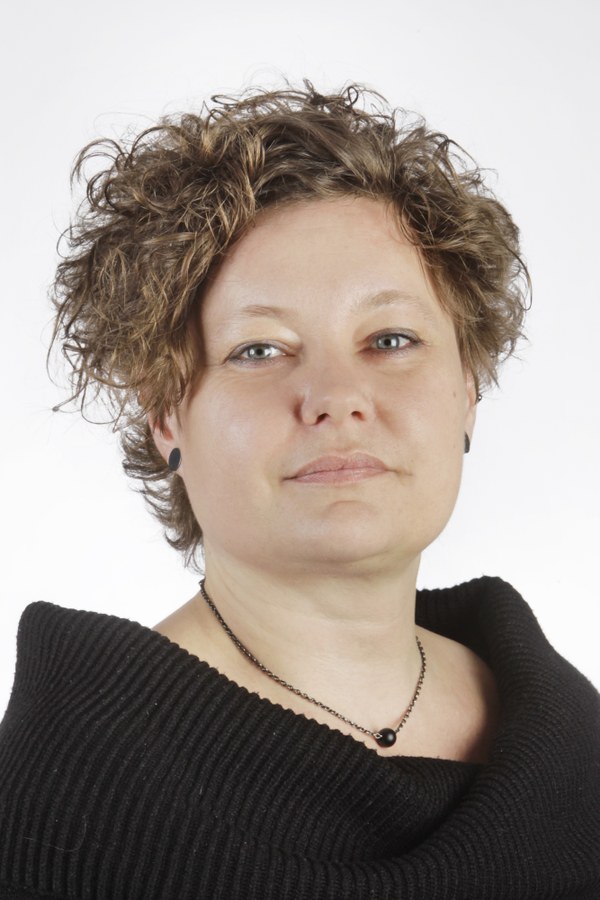Katja Brøgger
Research leader

Project title
Asserting the Nation: Comparative studies on the rise of neo-nationalism in higher education. The case of continental Europe
What is your project about?
The project explores how neo-nationalism has affected national and European higher education policy. Since 1999, European higher education has undergone an extensive harmonization process across nation borders - a process through which the EU has established a ‘European Higher Education Area’. Meanwhile, recent years have seen a rise in new forms of nationalism, seeking to reclaim education as an ethno-territorial domain. The project centers on universities and compares how neo-nationalism has affected higher education policy in Poland, France and Denmark. It also examines recent actions taken by the EU to counter neo-nationalist trends in Europe. An additional grant from the Inge Lehmann program allows me to expand on the Sapere Aude project with a study of UK higher education policy and Brexit.
How did you become interested in your particular field of research?
I first took an interest in university politics while completing a master’s degree in history of ideas many years ago. Through my research on the harmonization of higher education in Europe, it has become clear to me that we are currently witnessing a rising up against certain aspects of international collaboration – the consequences of which are yet to be known. The rise of new forms of nationalism in the wake of the Cold War, opposed to both the EU and migration, has now reached higher education policy. It seems that European universities increasingly find themselves caught between supranational ambitions of European integration and protectionist national agendas. My research has now centered on these crucial transformations and their potential impact on students, academia, the European workforce and, not least, the role and autonomy of universities.
What are the scientific challenges and perspectives in your project?
The project studies three different countries and the EU political system. As well as two junior researches, it involves a broad international network of researchers from France, Poland and the US. Such extensive comparative studies require strong project management and coordination. I am looking forward to applying my leadership experience in this work. Furthermore, the project aims to explore and reflect upon the diverse manifestations of neo-nationalism in Europe. The project is therefore designed to produce context-sensitive knowledge that will help us to understand national specificities. Exploring each individual country implies an ethical imperative to conduct comparisons that respectfully engage with diversity without reinforcing cultural privilege.
What is your estimate of the impact, which your project may have to society in the long term?
The project generates knowledge regarding the rise and effects of neo-nationalism in higher education policy, including a theoretical framework for understanding the political significance of universities positioned between supranational and national agendas. The project places Danish research at the forefront of the field through the first major international comparative study of neo-nationalism and its impact on higher education policy. Finally, the project contributes to policy and society by providing Danish and European decision makers, think tanks and NGOs with knowledge that can help qualify discussions and decisions concerning the role and autonomy of universities and the European infrastructure for the exchange of knowledge and talent within academia.
Which impact do you expect the Sapere Aude programme will have on your career as a researcher?
The Sapere Aude grant is an important recognition of my research. Becoming part of the Sapere Aude program will allow me the opportunity to lead a large-scale international research project, making a significant contribution to higher education policy studies at both the European and national level. It will also provide me with an opportunity to strengthen the Aarhus University-based research program that I head, Policy Futures. Finally, it will pave the way for applying for international grants, enhance my international network and strengthen Denmark’s position, and my own, in the international research field.
Background and personal life
I live in Copenhagen and spend most of my spare time with my family and friends. When possible, I try to find the time for voluntary work, which has provided a valuable supplement to my academic carrier for many years.
View all research leaders here
Research institution
Aarhus University, Arts, Danish School of Education
Research field
Education Studies
City of your current residence
Copenhagen
High school
Risskov Gymnasium
